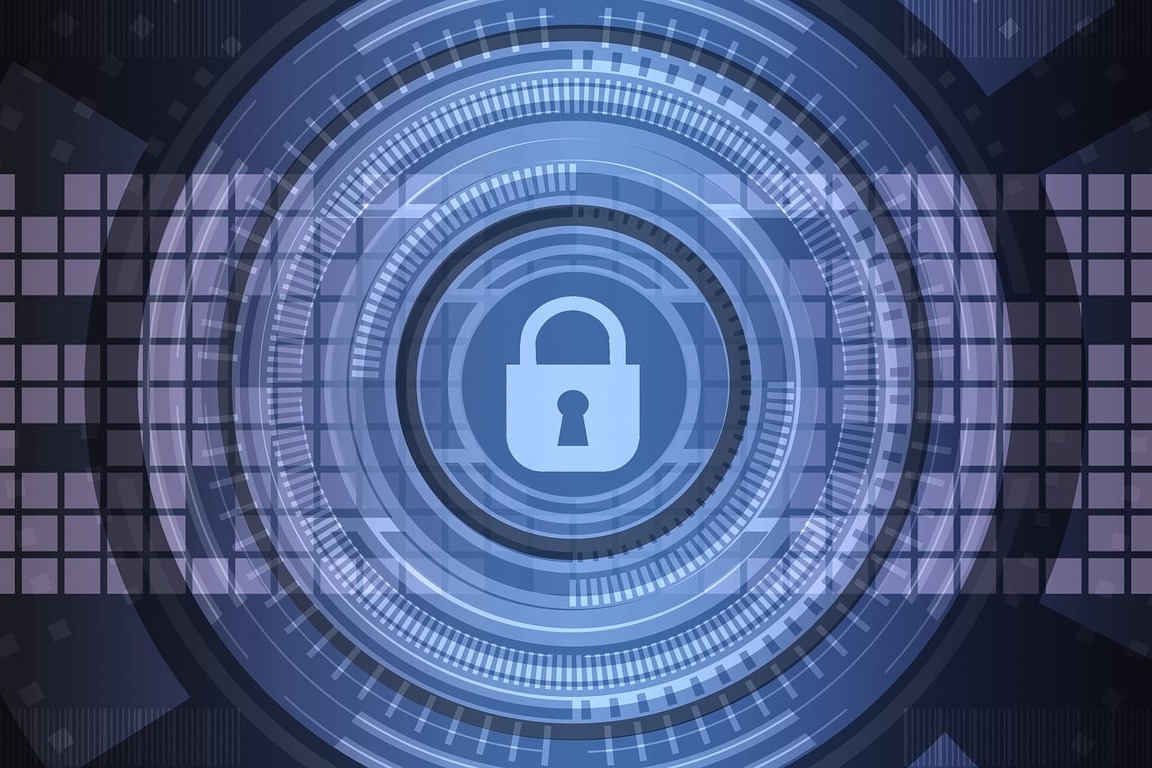Why every company is now a technology company
Whether you sell shoes or run an accounting firm, you need some type of technology to operate. Today’s companies aren’t just in the business of...
Our client portal provides all the tools you need to create, view or update your support requests.
For urgent IT support during business hours, or if you suspect anything suspicious call 01314528444 for the fastest response.
If one of our team has asked you to start a remote control session on your computer, use the remote control menu option above.
2 min read
itfoundations
Originally posted on May 29, 2023
Last updated on August 20, 2024
Computers play a significant role in businesses of all sizes. From storing and processing data to running software applications, computers have become an integral part of modern business operations. Despite their importance, computer hardware can become outdated quickly, and failure to refresh hardware can result in several negative consequences for a business. In this blog, we will explore the reasons why refreshing computers regularly is necessary for businesses.
Many businesses see investing in computers as an expense that they would rather not incur but this is really a false economy. We put in place rolling replacement programmes with our customers to ensure that they always have up-to-date computer stock and are never hit with an unexpected sudden outlay replacing all their computers in one go.
Updating computer hardware regularly can lead to noticeable improvements in performance and productivity. Over time, the number of software applications and programs used by a business can increase, which can cause computers to slow down, experience crashes, and freeze. Newer hardware can handle these programs more efficiently and with greater speed. Additionally, the latest hardware comes with improved features that enhance productivity, such as faster processors, better graphics, and longer battery life, making it easier for employees to work without interruptions. Updating computer hardware regularly can help businesses stay competitive and ensure they’re running at optimal efficiency.
Security risks are a constant threat to businesses that rely on computers for their operations. Outdated hardware is more susceptible to cyberattacks, including malware, viruses, and hackers. Old hardware typically lacks the latest security features and patches, leaving it vulnerable to new threats. Refreshing computer hardware regularly can help mitigate these risks by ensuring that businesses have up-to-date security features, built into their devices. Every new generation of processors comes with better security features, and motherboards come equipped with the latest tech for encrypting your valuable data. As cyberattacks become more sophisticated, businesses need to have the latest hardware and software to protect their data and maintain business continuity.
Hardware failure can result in significant downtime, lost data, and decreased productivity for businesses. Outdated computer hardware is more prone to failure due to its age and wear and tear. Failure to refresh hardware can result in a higher risk of system crashes, lost data, and extended downtime, making it harder for businesses to meet customer needs and deadlines. Updating computer hardware regularly can increase reliability and prevent unexpected downtime, ensuring that businesses can continue operating smoothly.
Many businesses may hesitate to replace old hardware due to the perceived cost. However, holding onto outdated hardware can lead to greater expenses in the long run. Old hardware consumes more energy, leading to higher energy bills, and requires more maintenance and repairs and utilises valuable employee time. These expenses can add up over time and become more costly than replacing the hardware. By regularly refreshing computer hardware, businesses can reduce their long-term costs and ensure they’re operating with the most efficient and effective equipment available.
The pace of technological advancements is rapid, and in many cases, businesses that fail to keep up are left behind. Outdated hardware can lead to a lack of compatibility with new software and applications, limiting a business’s ability to take advantage of new tools that can help it stay competitive. Refreshing computer hardware regularly can ensure that businesses are up-to-date with the latest technological advancements and able to leverage new opportunities as they arise.
As a guide, we suggest to our clients that:
This isn’t a hard and fast rule but it’s a pretty good cadence for ensuring that you’re up to date.
Updating computer hardware regularly is essential for businesses to maintain optimal efficiency and productivity in today’s digital age. Regular refreshes can lead to improved performance, better security, increased reliability, reduced downtime, cost savings, and the ability to stay up-to-date with technological advancements. As hardware ages, the risks and costs of maintaining it become greater, making it essential for businesses to proactively replace outdated equipment. By doing so, businesses can stay competitive, maintain data security, and ensure they’re operating at their best.
Get in touch with us today to discuss your IT needs.

Whether you sell shoes or run an accounting firm, you need some type of technology to operate. Today’s companies aren’t just in the business of...

1 min read
The new buzzword around town is “metaverse.” But what does that actually mean? And how is the metaverse going to change business? Is it just...

Once data began going digital, authorities realised a need to protect it. Thus, the creation of data privacy rules and regulations to address cyber...